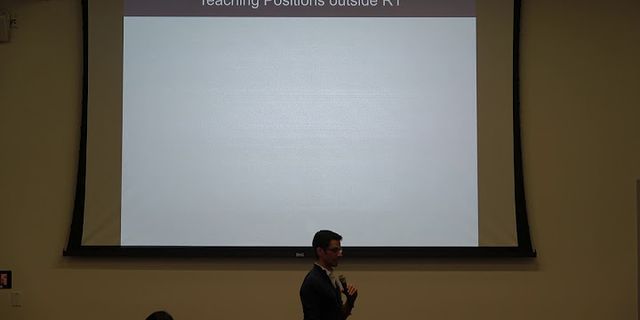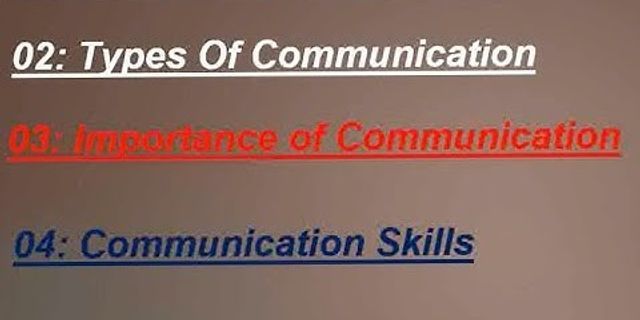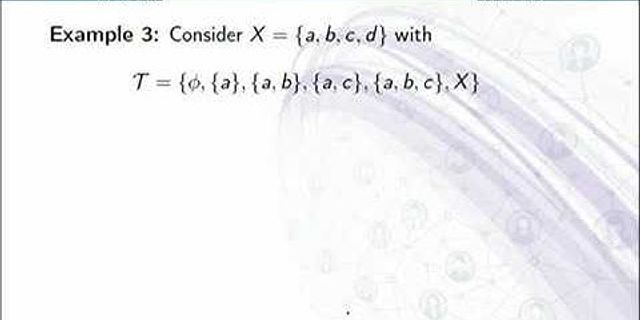All over the English-speaking countries of the world, people may drive on different sides of the road, but an international constant is an octagonal red "STOP" sign is used to let drivers know they need to stop. The same cannot be said for Spanish-speaking countries. In Spanish-speaking countries, the red octagonal shape is used to mean "stop," however, the word used in the sign changes depending on the Spanish-speaking country you are in. In some places the red octagon says "Alto," or in other places, the red octagon says, "Pare." Both signs signify for a driver to stop. But, the word "alto" does not traditionally mean stop in Spanish. Parar is the Spanish verb meaning "to stop." In Spanish, the word alto commonly serves as a descriptive word meaning "high" or "loud." As in, the book is up high on a shelf, or the boy shouted loudly. Where did "alto" come from? How did this word end up on Spanish stop signs? Most native Spanish speakers do not know why alto means "stop." It requires some digging into the historical usage of the word and its etymology. For those with a knowledge of German, a similarity could be drawn between the word alto and the German word Halt. The word Halt in German has the same meaning as the word "halt" in English. According to the Spanish Royal Academy's dictionary, the second reference to alto with "stop" as its meaning is commonly found on road signs in Central America, Colombia, Mexico, and Peru, and it comes from the German halt. The German verb halten means to stop. The dictionary provides a basic etymology of most words, but it does not go into extensive detail or give a date of first use. According to another Spanish etymology dictionary, the Diccionario Etimológico, urban legend traces the Spanish usage of the word alto with the meaning of "stop" back to the 15th century during the Italian Wars. The sergeant raised his pike high as a signal to stop the column of soldiers from marching. In this reference, the Italian word for "high" is alto. More credence is given to the Spanish Royal Academy dictionary's meaning, suggesting that alto is a direct borrowing from the German halt. The Italian story sounds more like a folk tale, but the explanation is plausible. The Online Etymology Dictionary suggests that the English word "halt" comes from the 1590s from the French halte or Italian alto, ultimately from the German halt, possibly as a German military term that made its way into the Romance languages. Most Spanish-speaking Caribbean and South American countries use pare. Mexico and most Central American countries use alto. Spain and Portugal also use pare. Also, in Portuguese, the word for stop is pare. HomeQ&AHow do you say "stop" in spanish? How do you say "stop" in spanish? 208373 views updated SEP 13, 2009 posted by majones08 updated SEP 13, 2009 posted by --Mariana-- You'll need to provide some context if you want something other than the command to "stop." - --Mariana--, SEP 13, 2009 Alto? I think thar means tall, para means stop. - kenwilliams, SEP 13, 2009 It also means "Halt", Ken. - Goyo, SEP 13, 2009 Hi Majones These single worded questions serve no purpose. Questions must contain some context. Which "stop" are you referring to Bus stop, full stop, stop abusing, stop a leak, stop in music, stop a bullet, stop as in prevent, stop doing something, stop watch, stop off, stop out, need I go on? Please, please, please in future provide some context. updated SEP 13, 2009 posted by Eddy Depends on the situation but para is the informal command form of stop, while pare is the formal command of stop. For like stop signs (on the road) you will always see alto If you want to tell someone to stop doing something, you would use the verb dejar For example: dejame solo or dejame hablar (leave me alone, let me talk) updated SEP 13, 2009 posted by akles Once again, context. - Eddy, SEP 13, 2009 Try typing in the word "stop" in the translation section of this website, and translate from english to spanish. updated SEP 13, 2009 posted by robertcs Have a look here to see if it answers your question. Stop updated SEP 13, 2009 posted by Eddy I've heard the word ¡Para! from the verb parar--to stop. I agree with Eddy, there are other phrases or contexual statements that could apply with other words.  updated SEP 13, 2009 posted by Jason7R Well if you are a girl just say just the word no and a slap to the face of the impudent male. If you are a boy; Boy ! you are in big trouble. updated SEP 13, 2009 posted by 00769608 Exactly my point Gus, another kind of stop. - Eddy, SEP 13, 2009 HomeQ&AHow do you say 'Stop it/ that'? How do you say 'stop it' or 'stop that' as a command or a request? 163936 views updated JUN 6, 2010 posted by MingLuShan Bienvenida al foro. Welcome to the forum. - 0074b507, JUN 6, 2010 Basta ya Literally enough already but in essence "stop it". We have to be careful and not try to translate word for word. It´s not their fault, but sometimes Spaniards speak totally different to us. Just ask Heidi, hehe. updated JUN 6, 2010 edited by Eddy posted by Eddy Para/parate - Stop (it). Deja de hacer eso - Stop doing that. updated JUN 6, 2010 posted by maripositaxx Can't you use "bastante" also? (meaning "enough") To express an annoyance you could say, "estar harto(ta) de..." meaning "to be annoyed of/from..." Hope this helps!  updated JUN 6, 2010 posted by Jason7R Basta! This is an interjection {read below} and alone it means That's enough! Stop! I was watching a spanish movie yesterday and was surprised at how many one word interjections were used. I so wanted to say things in Spanish without writing a book to ask or answer a simple question or make a statement. As I listen to more and more conversations this really happens in real life and you do not need to always use sentences as maripositaxx answered even if she was perfectly correct. In grammar, an interjection or exclamation is a lexical category used as a way to refer to some mentioned or understood noun without a grammatical connection with the rest of the sentence, by simply expressing an isolated emotion on the part of the speaker (although most interjections have clear definitions). Filled pauses such as uh, er, um, are also considered interjections. Interjections are typically placed at the beginning of a sentence or in a sentence by themselves. updated JUN 6, 2010 posted by foxluv Hello, and welcome to the forum. As everyone else has said, basta is probably the best answer to your question in most cases. However, there's a Spanish TV show I watch in which the characters often shout se acabó. It's usually used on the show to get people to stop arguing, but I can imagine it being used in other contexts. It literally means "It finished!" but really means something like "That's enough; no more!" updated JUN 6, 2010 edited by MacFadden posted by MacFadden Thanks Mac - I'd forgotten "se acabo" - geofc, JUN 6, 2010 For the quick shout, definitely "basta" or "basta ya", meaning "enough" or "that's enough of that, my boy" or whatever. As a request, "deja de hacer eso" comes over as rather prosy. At this level of request/suggestion/command I'd say "tienes que dejar eso". OK it doesn't include "hacer" but nobody I ever said it to seemed to have a problem with that. updated JUN 6, 2010 posted by geofc |




















